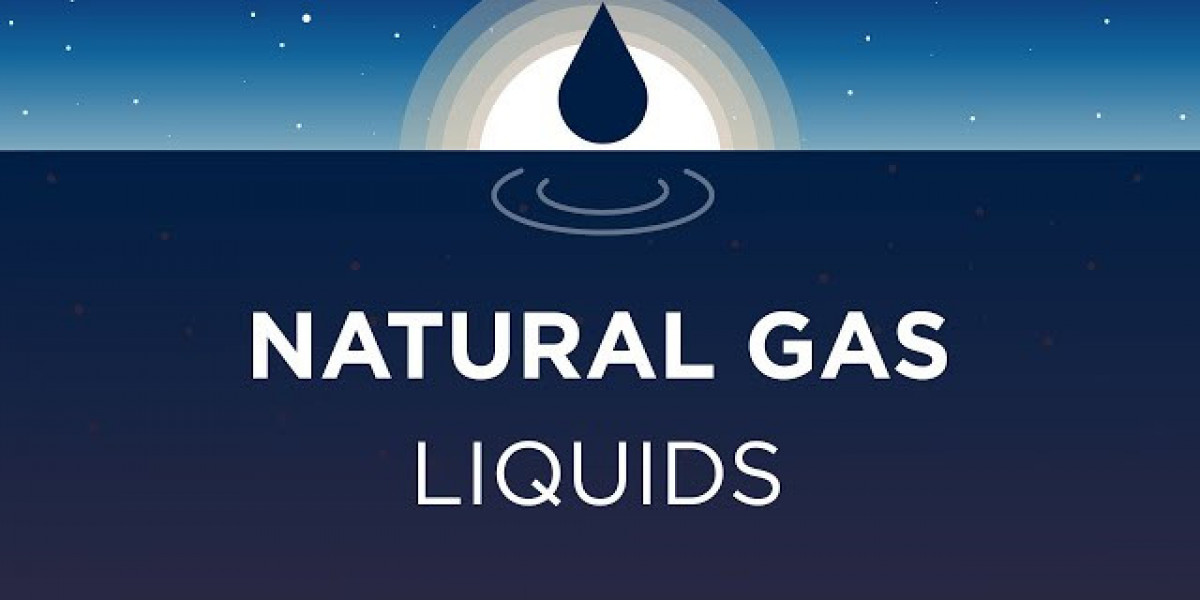Unveiling the Dynamics of the Natural Gas Liquid Market: A Comprehensive Analysis
In the ever-evolving landscape of energy resources, natural gas liquids (NGLs) have garnered significant attention as a versatile and indispensable component. From fueling vehicles to powering industrial processes, NGLs play a pivotal role in modern energy consumption. This article delves into the intricate details of the natural gas liquid market, shedding light on its components, demand drivers, key players, and future prospects.
Understanding Natural Gas Liquids
Natural Gas Liquids, often referred to as NGLs, are hydrocarbons extracted during the processing of natural gas. They encompass a variety of compounds, including ethane, propane, butane, isobutane, and pentanes. These liquids are valuable byproducts of natural gas production and have an array of applications across various industries.
The Components of NGLs
1. Ethane: Ethane is a fundamental building block in the petrochemical industry. It serves as a feedstock for ethylene production, a key ingredient in plastics manufacturing. As the demand for plastics continues to rise, the importance of ethane remains steadfast.
2. Propane: Propane is perhaps one of the most recognizable NGLs, commonly used as a heating fuel and in cooking appliances. Additionally, it plays a vital role in powering forklifts and other industrial equipment.
3. Butane and Isobutane: These NGLs find extensive use as blending components in gasoline. They enhance the octane rating of gasoline, thereby optimizing engine performance. Furthermore, butane has applications in the production of liquefied petroleum gas (LPG).
4. Pentanes: Pentanes are commonly utilized as solvents in various industrial processes, including the manufacturing of polystyrene foam and as a blowing agent in foam products.
Factors Driving Demand for NGLs
1. Industrial Growth: The burgeoning industrial sector heavily relies on NGLs for processes such as heating, steam generation, and as raw materials for petrochemicals.
2. Residential Consumption: NGLs serve as a vital energy source for heating and cooking in residential settings, especially in regions where natural gas pipelines are limited.
3. Transportation: With the need for cleaner-burning fuels, NGLs have found their way into the transportation sector. Propane, for instance, powers vehicles with reduced emissions compared to traditional gasoline.
4. Petrochemical Industry: The petrochemical sector is a major consumer of NGLs, using them as feedstock for manufacturing plastics, synthetic rubber, and other chemicals.
Key Players in the Natural Gas Liquid Market
Several prominent companies actively participate in the extraction, processing, and distribution of NGLs. These include established energy giants as well as specialized midstream companies. Some of the key players include:
- ExxonMobil
- Royal Dutch Shell
- Chevron Corporation
- ConocoPhillips
- Enterprise Products Partners
Market Trends and Future Outlook
The natural gas liquid market is poised for substantial growth in the coming years. Factors such as the increasing demand for plastics, the rise of natural gas production, and the shift towards cleaner energy sources all contribute to this positive outlook. As economies continue to develop, NGLs will continue to be a critical enabler of progress.
Conclusion
In conclusion, the NGL market size stands as a pivotal sector within the broader energy landscape. The diverse applications of NGLs, ranging from industrial processes to household energy needs, underscore their indispensability. With a clear understanding of the components, demand drivers, and market trends, stakeholders are well-equipped to navigate the dynamic terrain of the natural gas liquid market. As industries evolve and energy demands shift, the role of NGLs is set to remain not only relevant but increasingly vital.
Related Reports:








